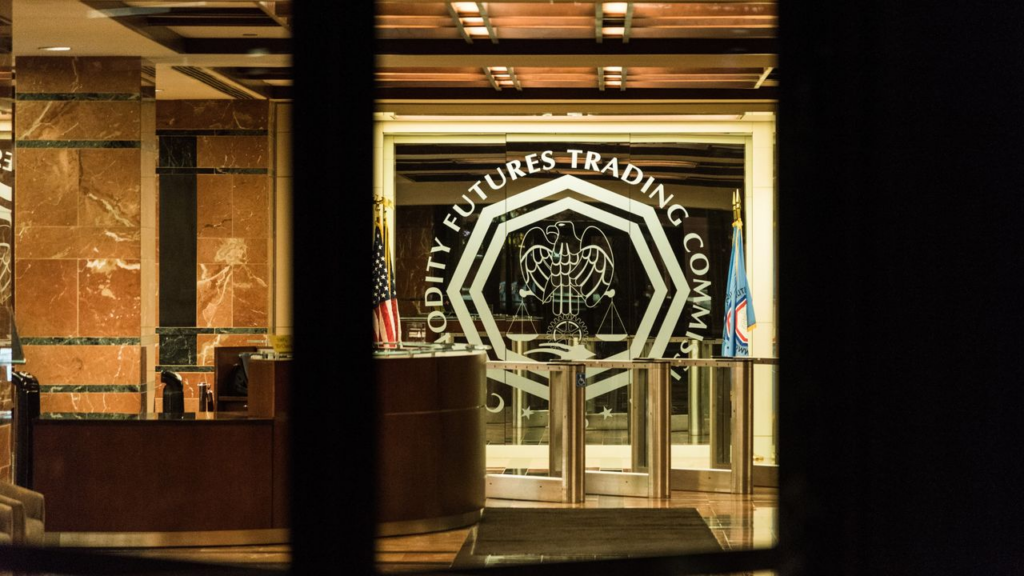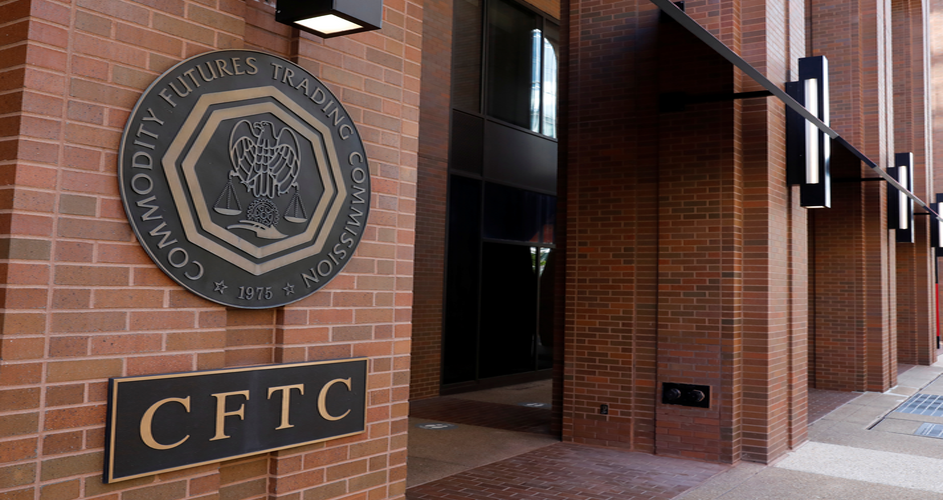
The Commodity Futures Trading Commission announced it filed a complaint in the U.S. District Court for the Middle District of Tennessee against Michael and Amanda Griffis of Clarksville, Tennessee, according to CFTC.
The complaint charges the defendants with defrauding over 100 people across the U.S. and failing to register with the CFTC in connection with a multi-million dollar commodity pool scheme they operated from approximately July 2022 through January 2023.
In its continuing litigation, the CFTC seeks restitution to defrauded pool participants, civil monetary penalties, permanent trading and registration bans, and a permanent injunction against further violations of the Commodity Exchange Act (CEA) and CFTC regulations, as charged (see First Crypto Criminal Case).

As alleged, the defendants promised pool participants a safe investment in digital asset futures contracts with huge profit potential. The promises were underpinned by the trust the victims placed in the defendants
Ian McGinley, Director, Division of Enforcement, U.S. Commodity Futures Trading Commission
The defendants betrayed their pool participants, and they profited from that betrayal. Today’s filing reinforces the CFTC’s long-standing commitment to hold accountable those who take advantage of victims.
The complaint alleges the defendants, owners of a Clarksville, Tennessee real estate company, contacted colleagues and customers of their real estate business and offered them the opportunity to pool funds with others to trade digital asset commodity futures contracts.
Despite having no trading or other relevant experience, the defendants successfully convinced over 100 people to send them over $6 million to participate in a commodity pool called “Blessings of God Thru Crypto.”
The defendants falsely represented that pool funds would be safe and under their control, that pool participants could expect high gains, and that the defendants would use pool funds to trade “crypto futures” on the “Apex Trading Platform” with the advice of a person identified only as “Coach Wendy.”
As further alleged in the complaint, the defendants leveraged their personal and professional relationships, developed through their real estate business, to convince victims the pool scheme was legitimate.

Over $4 million in pool funds purportedly sent to the “Apex Trading Platform” were instead quickly transferred to a variety of digital wallets outside the control of the defendants and are now beyond recovery.
Further, the defendants misappropriated approximately $1 million of pool funds to pay their debts and purchase various items including expensive jewelry and an all-terrain vehicle. In an effort to perpetuate the scheme as long as possible, the remainder of pool funds were misappropriated by the defendants to issue Ponzi-like payments.
The CFTC cautions that orders requiring repayment of funds to victims may not result in the recovery of any money lost because the wrongdoers may not have sufficient funds or assets. The CFTC will continue to fight vigorously for the protection of customers and to ensure the wrongdoers are held accountable.
The Division of Enforcement staff responsible for this matter are Elsie Robinson, Brett Shanks, Rachel Hayes, Christopher Reed, and Charles Marvine. The Division of Enforcement’s Romance Investment Fraud Task Force staff, Jenny Chapin and Dmitriy Vilenskiy, also assisted in this case.
The Financial Stability Board has published its regulatory framework for cryptoasset activities to promote the global harmonization of regulatory and supervisory approaches.
It incorporates lessons from events over the past year that highlighted structural vulnerabilities of cryptoassets and related players as well as feedback received during the FSB’s public consultation. Earlier FATF Updates Guidance on Virtual Crypto Assets – NFT, DeFi & Stablecoin’s Standards.





